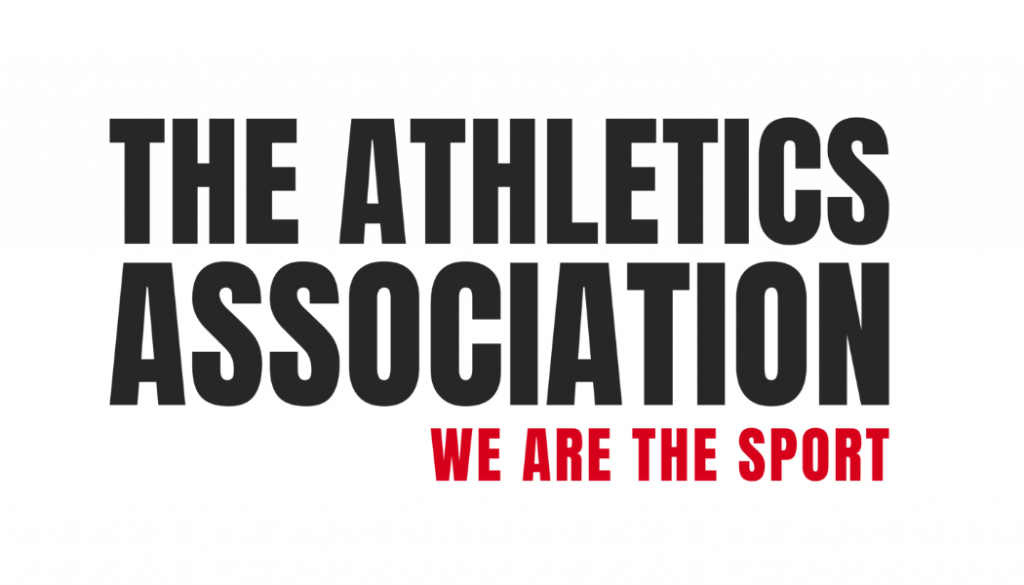Member Insights: Arrival Of Athletics Association Proves Athlete Movement Is A Runaway Train
July 17, 2020
This week’s arrival of the Athletics Association proves athlete movement is a runaway train intent on putting athletes at the centre of how sport is run, says Ben Nichols in our latest Member Insights piece.
Earlier this month, I put pen to paper to articulate how, through what seems to be a continual drip feed approach, athletes across the world had found their voice.
On a whole stream of issues ranging from, on one hand, athletes collectively calling for governance changes to their sports or anti-doping reform to, on the other hand, individual athletes spurred on to create lasting societal change on issues such as race or poverty, athletes have, with ever-increasing momentum, been finding their voice.
The desire for the commissions to have full autonomy has faced a reality check by the semi-attachment to the ruling body for their sport.
This week, as if further evidence were needed of this sea change in sport, the Athletics Association launched to ensure that track and field athletes would be at the heart of their sport’s decision-making process. If nothing else, the Athletics Association’s launch proves, as with the inception of athlete-led movement Global Athlete 18 months ago, that the fearless no-strings-attached athlete voice movement is in the ascendancy. And by announcing their plans to provide support services and member benefits for athletes, including a hardship grant fund, training courses, and discounts on products, it’s clear that this athlete-run body has put long, hard thought into how to provide a leg up to athletes.

The Athletics Association was revealed earlier this week, with key athletes such as Katarina Johnson-Thompson and Adam Gemili.
Athlete Commissions in their more “traditional” form – those commissions that are established by existing sports governing bodies and federations – have made inroads in recent years, by ensuring to an extent, that their parent organisations heed, or at least listen to their views. However, despite the clear advantages of the existence of these commissions, their limitations have been self-evident by the very fact that they are attached “at the hip” to their parent organisations. The desire for the commissions to have full autonomy has faced a reality check by the semi-attachment to the ruling body for their sport.
Even the World Anti-Doping Agency’s (WADA’s) Athlete Committee which, with the widely-respected Beckie Scott at its helm, proved for many years to be such a frontrunner for how Athlete Committees could, or should, operate, eventually proved to be hampered by the confines of the structures in which it operated; it’s at-odds position with its parent organisation on what it believed was an underwhelming response by WADA to the Russian doping crisis eventually led to the resignation of members such as now-British Athletes Commission Chair, Vicki Aggar.
If they approach positive reform of their sport in the right spirit – not through a ‘them versus us’ approach – then athletics will be the real winner.
The Athletics Association, or at least its promise, offers something different. Clearly established as a result of the not-wholly-popular changes to Diamond League events on the World Athletics calendar, the Association comes at a time when other issues such as the restrictive practices on athletes marketing themselves at an Olympic Games (Rule 40) and athletes being unable to peacefully protest on the biggest stage of them all (Rule 50), are at the fore. With these controversial sporting issues to be addressed, this free-spirited new-style athlete commission is very much of its time. An Athlete Commission 2.0. An Athlete Commission re-booted; and one fit for the modern age.
In its own words, the Association is launching to ‘protect and advance the future of athletics by unifying and defending the voice of elite track and field athletes worldwide’. It has positive aims. Aims which could be achieved by working collaboratively with other commissions – such as the World Athletics Athletes Commission – and with administrators who have the best interests of their sport at heart.
If they approach positive reform of their sport in the right spirit – not through a ‘them versus us’ approach – then athletics will be the real winner. And World Athletics will benefit too, because it is only through real athlete “buy in” to the strategic direction of the sport, that track and field athletics can move forward as one.
It is only with that athlete “buy in” – and the diversity of opinion that comes with athlete consultation – that sport can truly claim to be athlete-centred.
Ben Nichols is an international sports communication consultant, who has previously worked for the Commonwealth Games Federation, Athletics Integrity Unit, World Anti-Doping Association and Right Formula.
Have an opinion piece you would like to share via iSportconnect? Email ben@isportconnect.com to discuss further.



